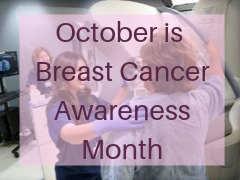 The MSK Library has added a new database resource, Elsevier’s ClinicalKey.
The MSK Library has added a new database resource, Elsevier’s ClinicalKey.
ClinicalKey provides streamlined access to evidence-based information for clinicians, nurses, and healthcare professionals including quick answers at the point of care. It includes more than 1,000 medical books published by Elsevier including key texts used in medical education such as Gray’s Anatomy, Rang & Dale’s Pharmacology, Gunderson & Tepper’s Clinical Radiation Oncology, and Goldman’s Cecil Medicine. ClinicalKey also includes more than 650 journals (~100 being oncology-related), 3,000 drug monographs, 4,500 practice guidelines, and patient education information. Search and filter through these resources by source type, study type, specialty disciplines, and date.
Please note: Ebooks are readable online; in order to download a PDF you will need to create a personal account with Elsevier/ClinicalKey. To register for a new account on ClinicalKey, click the “Register” link in the top right while on the ClinicalKey platform. Enter your name and MSKCC email on the registration form.
If you have any questions about ClinicalKey, don’t hesitate to Ask Us!


 It’s the final day of Breast Cancer Awareness Month, a time when many MSK clinicians have been sharing their expertise with the media. Here is a selection of this month’s coverage:
It’s the final day of Breast Cancer Awareness Month, a time when many MSK clinicians have been sharing their expertise with the media. Here is a selection of this month’s coverage: